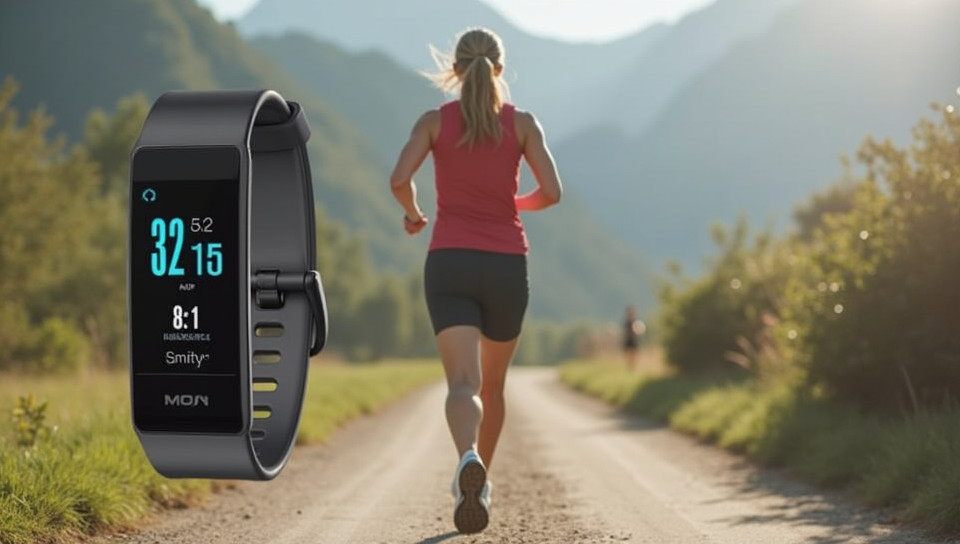GPS-enabled fitness trackers track running routes accurately 91%

GPS-Enabled Fitness Trackers: A Game-Changer for Runners
For runners, tracking their routes and progress is crucial to improving performance and achieving goals. With the rise of GPS-enabled fitness trackers, this task has become easier than ever. These devices use satellite signals to track a runner's location and provide accurate data on distance, pace, and route taken.
How GPS-Enabled Fitness Trackers Work
GPS-enabled fitness trackers work by using a combination of GPS, GLONASS, and other satellite systems to determine the user's location. The device receives signals from these satellites and uses them to calculate the user's speed, distance, and direction. This data is then used to provide detailed information on the user's run.
Benefits for Runners
- Improved accuracy: GPS-enabled fitness trackers provide accurate data on distance, pace, and route taken.
- Enhanced performance: By tracking progress and identifying areas for improvement, runners can optimize their training and achieve better results.
- Increased safety: Many GPS-enabled fitness trackers come with features such as emergency alerts and breadcrumb trails, which can help ensure the user's safety while running alone.
Choosing a GPS-Enabled Fitness Tracker
When choosing a GPS-enabled fitness tracker, consider the following factors:
- Accuracy: Look for devices that use multiple satellite systems to provide accurate data.
- Battery life: Choose a device with long battery life to minimize recharging during runs.
- Additional features: Consider devices with features such as heart rate monitoring, water resistance, and mobile notifications.
Conclusion
GPS-enabled fitness trackers have revolutionized the way runners track their routes and progress. With their accuracy, ease of use, and additional features, these devices are a must-have for any serious runner. Whether you're a beginner or an experienced athlete, investing in a GPS-enabled fitness tracker can help take your running to the next level.
- Created by: Susan Gutierrez
- Created at: Aug. 25, 2024, 12:20 a.m.
- ID: 8297